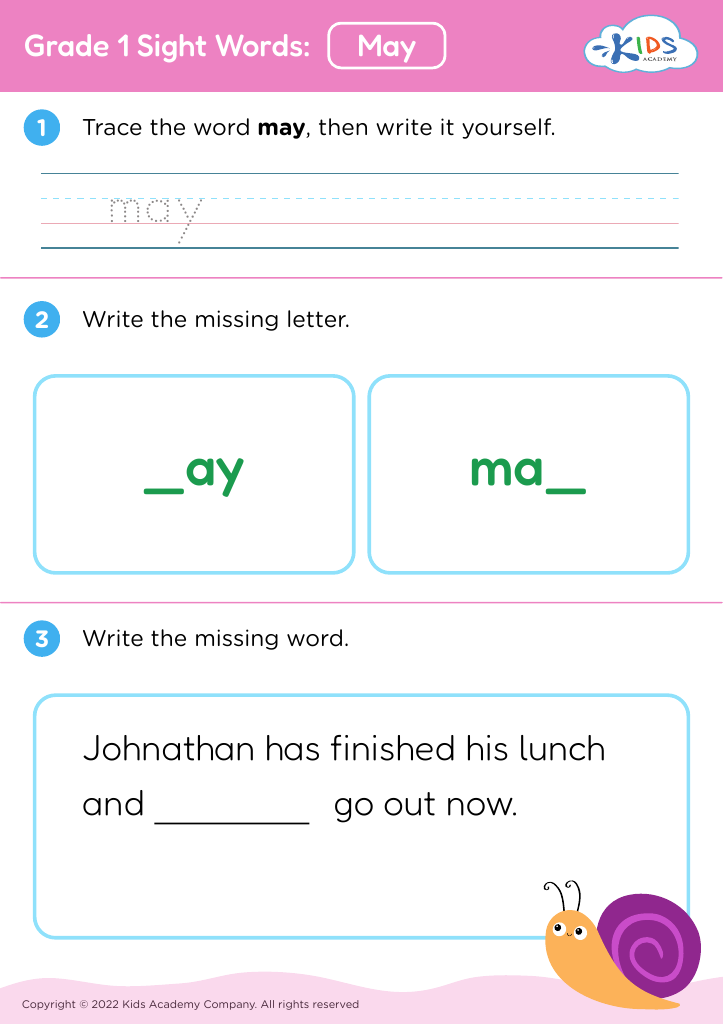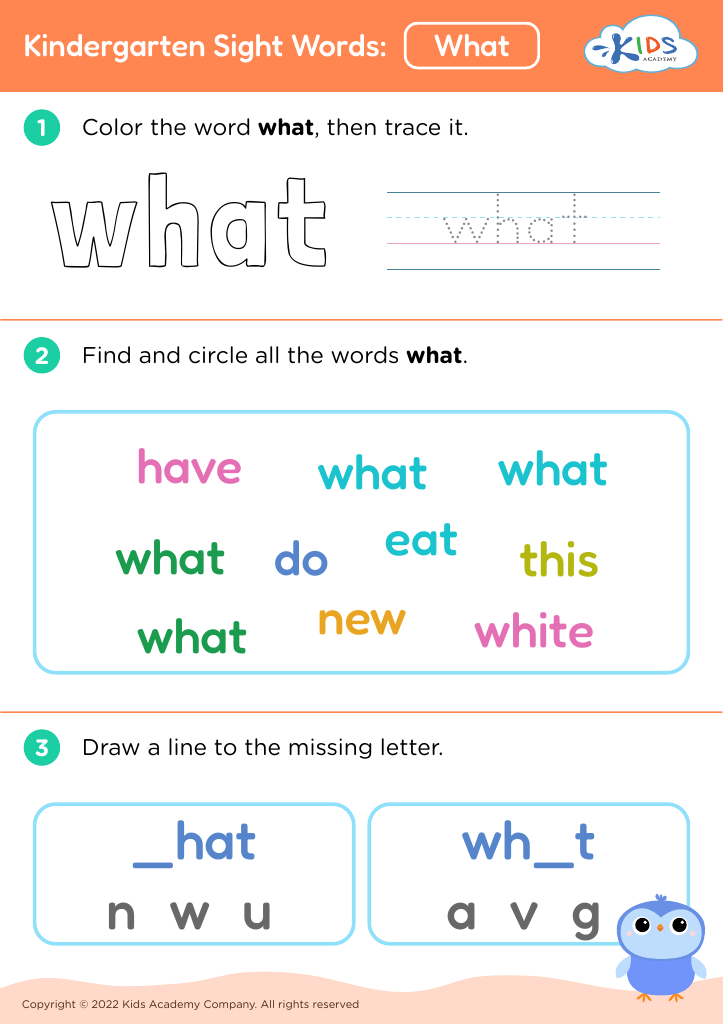Recognizing numbers Building Vocabulary Worksheets for Ages 5-8
3 filtered results
-
From - To
Discover engaging "Recognizing Numbers" Building Vocabulary Worksheets designed for children ages 5-8! These interactive resources help young learners connect numbers with words and improve their vocabulary skills. Our worksheets feature vibrant visuals and age-appropriate exercises, making learning fun and effective. By integrating number recognition into vocabulary building, children enhance their overall comprehension and cognitive abilities. These worksheets support early childhood education and promote essential skills that lay the foundation for future math and literacy success. Perfect for home or classroom use, our "Recognizing Numbers" resources will encourage your child's love for learning while boosting their confidence in reading and number skills!
Recognizing numbers and building vocabulary are foundational skills critical for children aged 5-8, playing a pivotal role in their overall cognitive development and academic success. Number recognition fosters early math skills, enabling children to understand basic arithmetic concepts essential for problem-solving and logical reasoning. This skill also establishes a framework for more advanced mathematical learning in later years, paving the path for lifelong numerical fluency.
Meanwhile, vocabulary development enhances language skills, which are intertwined with reading, writing, and communication. A robust vocabulary allows children to express their thoughts and ideas clearly, comprehend what they read, and engage in meaningful conversations. When children encounter and use new words, their imagination expands, creativity flourishes, and comprehension levels rise.
Parents and teachers serve as crucial partners in cultivating these skills. By integrating numeral recognition and vocabulary-building activities into daily routines—through games, storytelling, and hands-on projects—adults can create a rich learning environment both at home and in school. Ultimately, focusing on these areas not only supports literacy and numeracy but also encourages a love for learning, sets the stage for academic achievement, and equips children with vital life skills they will carry with them into the future.

































